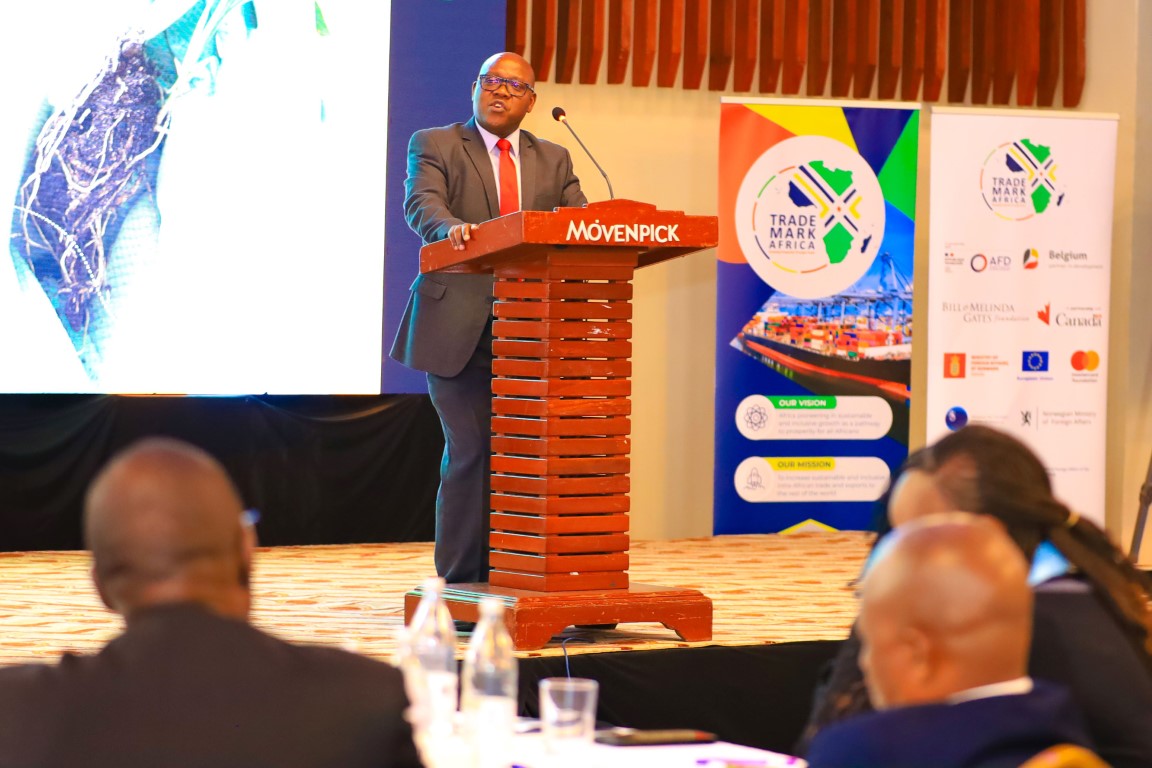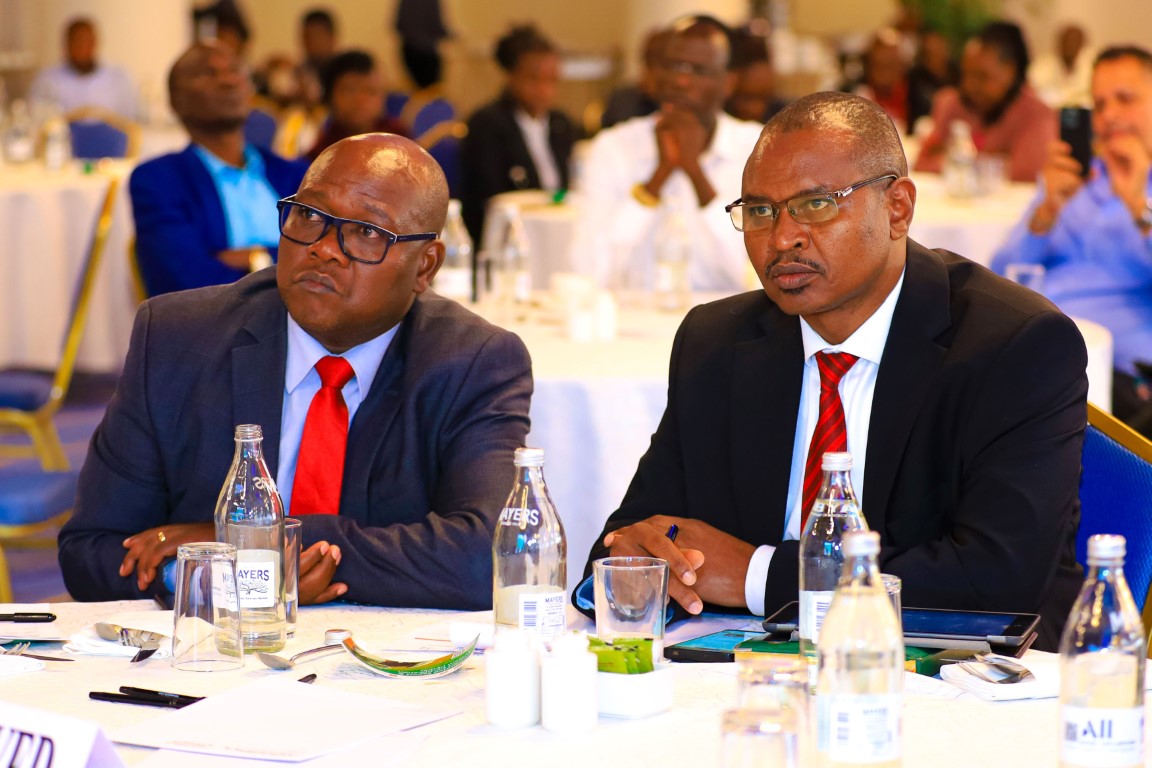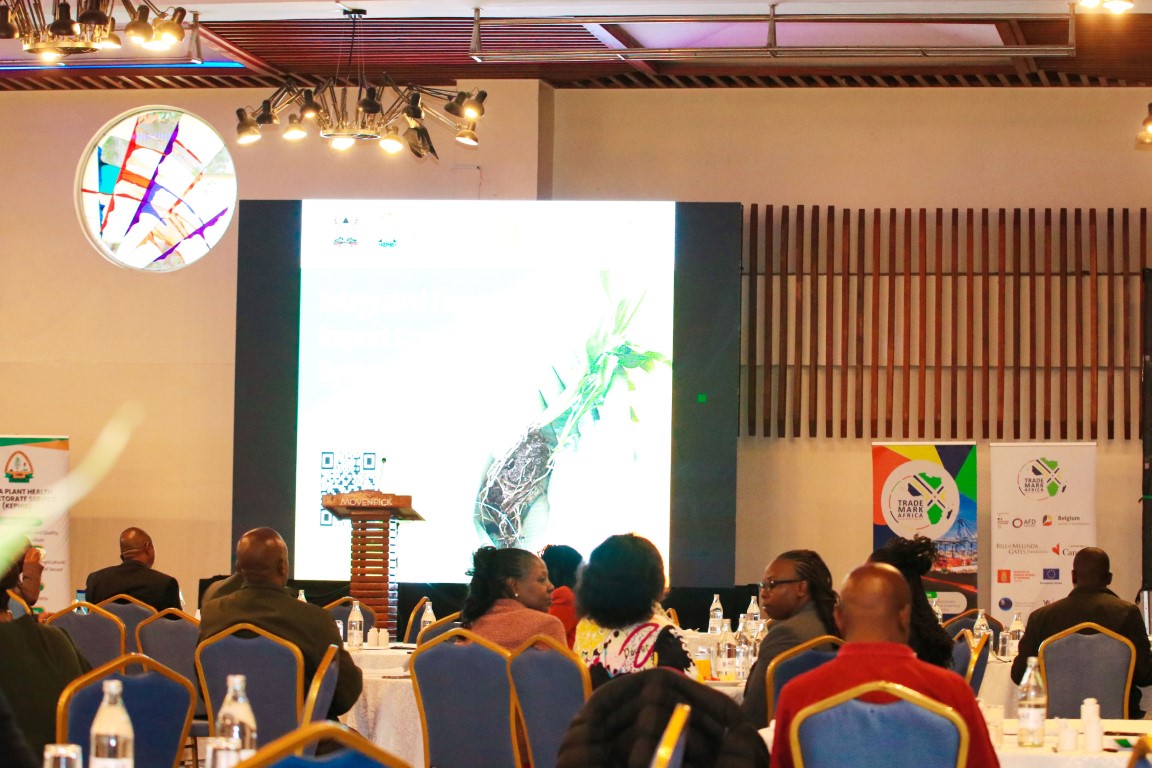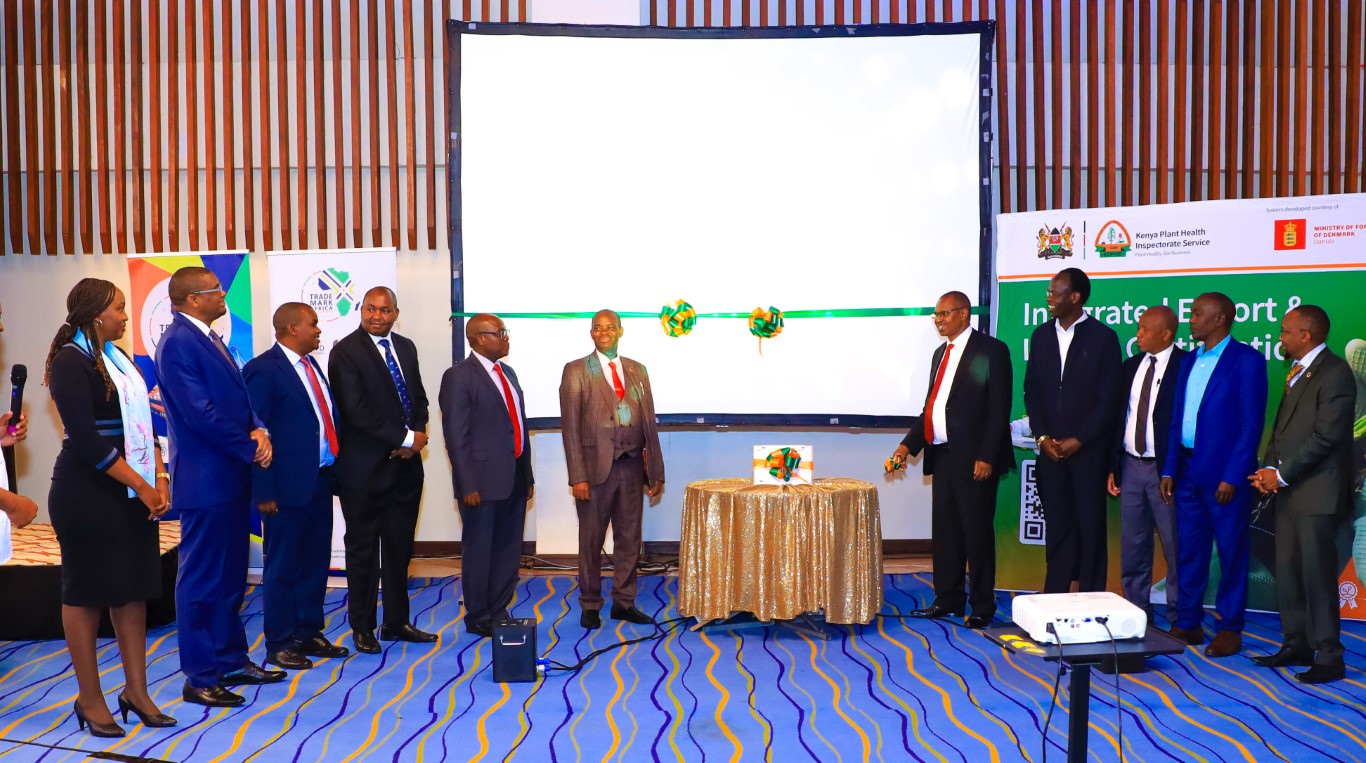Nairobi, June 25, 2024: Kenya Plant Health Inspectorate Service (KEPHIS) has today officially launched the Integrated Export and Import Certification System (IEICS), an innovative digital platform designed to slash the time and cost associated with obtaining trade plant health certificates, licenses and permits for plant and plant materials. The system was unveiled by the Chairman of KEPHIS Joseph M’eruaki, who was representing the Cabinet Secretary for Agriculture and Livestock Development Mithika Linturi. He cited this as an important milestone for traders of plants and plant products. Congratulating KEPHIS for this innovative achievement, he singled out the IEICS as an example on how state agencies, with the support of partners such as Denmark and TradeMark Africa, are facilitating initiatives to improve the business environment through automation of systems for trade agencies.

The launch of IEICS is in line with the government’s initiatives to digitise processes, thus facilitating the ease of doing business. Previously, there were two systems: the Export Certification System used to facilitate plant exports to market destinations and the Import Certification System that KEPHIS used to facilitate imports.
“The new System is therefore a game-changer in how traders dealing in the import and export of plants or plant materials can engage more efficiently and seamlessly with KEPHIS and other agencies through integrated modules. Noble initiatives such as this are aligned with the Government’s efforts to improve the environment for doing business and positioning the country as an attractive destination to invest,” M’eruaki said.

KEPHIS Managing Director, Prof. Theophilus M. Mutui, echoed these sentiments, saying: “This innovative system will streamline the certification process, thereby saving traders time and money, while improving overall efficiency of regulatory work in as far as the certification process is concerned. The system has also enabled government to government exchange of trade information and data through electronic phytosanitary certification platform (ePhyto), thereby reducing forgeries of permits and certificates issued or received by the international trading partners. By automating the certification process, KEPHIS is promoting a more business-friendly environment.”

The IEICS system reduces paperwork, physical interaction and effectively maps regional offices for clients’ access. This has reduced the administrative burden and transaction cost for traders or their appointed agents by up to 15%. All processes are carried out in real time, and the status communicated to the trader.
Download fileThe acting Senior Director, Trade Environment at TradeMark Africa, Benedict Musengele, remarked: “The system eliminates inefficiencies by providing a user-friendly online-based automated system for submitting applications, paying the requisite fees, tracking the approval process, and receiving certificates. Additionally, there is more transparency in the certification process as traders can now track the progress of their applications through the system without having to contact anyone for updates.”
About KEPHIS
KEPHIS is the government agency whose mandate is to assure the quality of agricultural inputs and produce to promote food security and economic growth. This is achieved through three key areas: seed certification, protection of plant varieties, phytosanitary services and analyses of agricultural inputs and produce through globally accredited laboratories.















